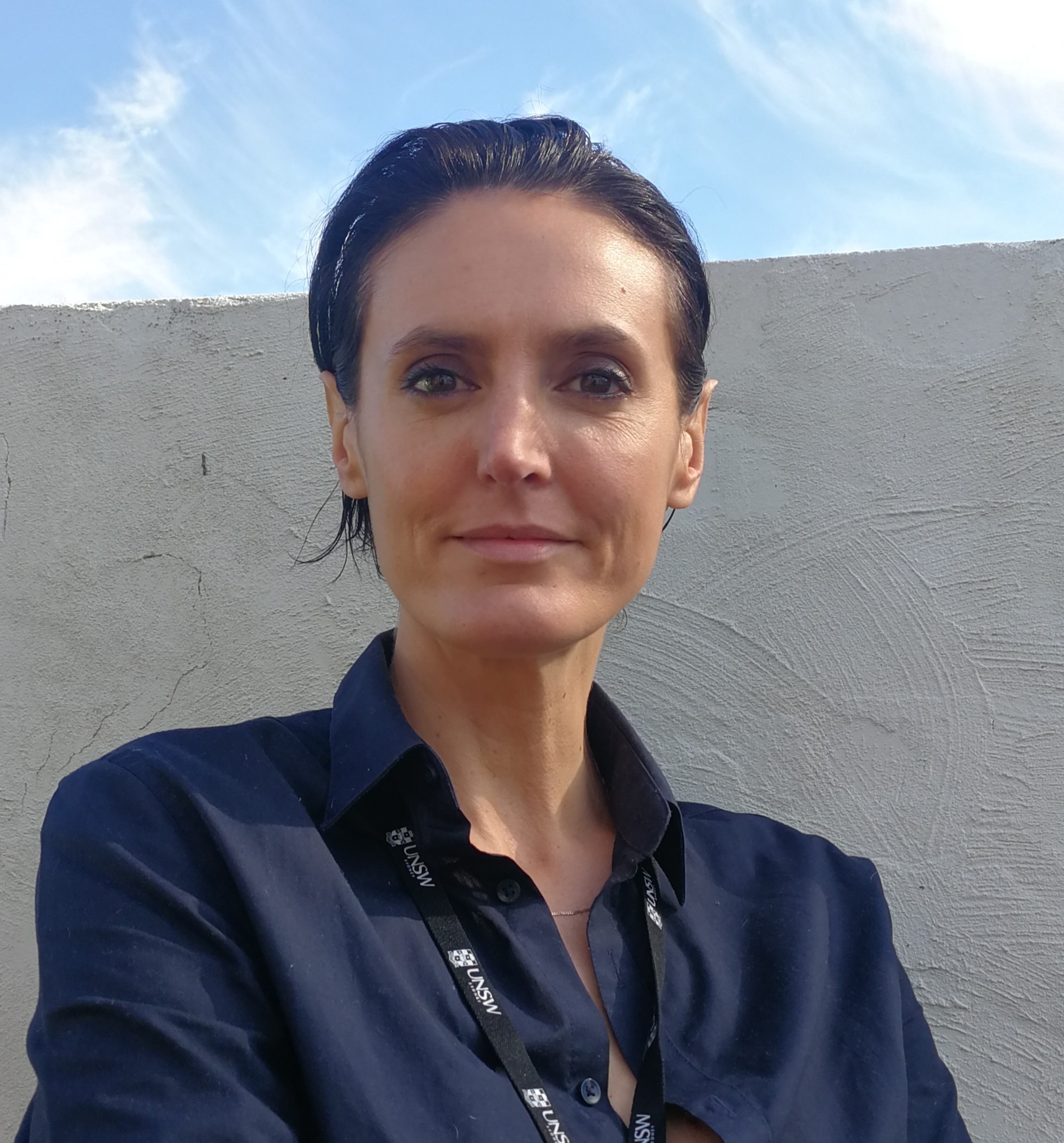Is it working? Determining treatment efficacy for kids with medulloblastoma
A new research project into childhood brain cancer is bringing the strategic focus of the Maridulu Budyari Gumal Cancer Clinical Academic Group to life.
A new research project into childhood brain cancer is bringing the strategic focus of the Maridulu Budyari Gumal Cancer Clinical Academic Group to life.

For a significant proportion of children with medulloblastoma, the odds are grim.
Despite substantial survival gains over the last few years, 30 per cent of kids diagnosed with the disease – the most common form of childhood cancer – will die, often because the cancer doesn’t respond to treatment.
A new research project led by the Children’s Cancer Institute is seeking to change these statistics. In partnership with UNSW and the Sydney Children’s Hospital, the research team is attempting to develop a fast, cost-effective and minimally invasive blood test for medulloblastoma patients that will show whether or not their treatment is working.
Putting the focus on microRNAs
According to Dr Helen Forgham, the project lead, the research will look at the role of extracellular vesicles – small nanoparticles released by the tumour – in tumour growth and metastasis and explore what these vesicles can reveal about the progression of disease.
“What the tumours do is they release these little nanoparticle structures, called extracellular vesicles and inside them are proteins, microRNAs and RNAs,” says Dr Forgham, who is part of the Gene Therapeutics and Drug Delivery research group at the Children’s Cancer Institute.
“These vesicles encourage the other cancer cells, both close by and more distantly through the blood stream, to take on a tumour genesis role to increase in cell numbers and aid metastasis forward.”
Specifically, the researchers are interested in the microRNAs within these vesicles, which they believe could be an important biomarker indicating the presence of medulloblastoma and whether a tumour is growing or shrinking in response to cancer treatment.
Real-time results at minimal cost
According to Forgham, this test has the potential to drive much better outcomes for patients, clinicians and the health system alike. Currently, children being treated for medulloblastoma undergo infrequent CT and MRI scans – which are expensive, invasive and time consuming – to track the progress of their treatment.
By contrast, a blood test is minimally invasive and can be done as often as required, giving clinicians an up-to-date view of whether a treatment is working and providing opportunities for early intervention if a change of approach is required.
“It’s definitely something you can monitor regularly and be able to get quick, accurate results, as often as you need to track the disease,” Dr Forgham says.
The project, which is funded by a UNSW Medicine Early Career Seed Grant Scheme, also responds to three of the four key areas of strategic investment developed by the Maridulu Budyari Gumal Cancer Clinical Academic Group, part of the Sydney Partnership for Health, Education, Research and Enterprise (SPHERE), which champions collaborative research among its 14 institutional members.
Improving outcomes for kids with cancer
These focus areas are cancers with poor outcomes, bringing ‘omics’ into clinical practice, and living better with and after cancer (the fourth area is reducing unwarranted variation in clinical practice).
“As a whole, brain cancer is a major cause of death by disease in children in Australia, which is quite a staggering thought, really. So, it really falls into that category of cancer with poor outcomes, very much,” Dr Forgham says,
“In an omics context, we’re very much using bioinformatics in clinical practice – we’re going to break down all of the microRNAs that are present in these exosomes, and beyond that we’ll be able to use expression data and databases to work out which are the best three markers for treatment response.
“And obviously living better with and after cancer – considering the terrible side effects that are quite often experienced by these young children, it’s definitely an area of research that we’re very committed to. We want to make life better for these young patients.”
The project is due for completion in December 2020.
September is Childhood Cancer Awareness Month.
Read more about the UNSW Medicine Cancer Theme. Keep in touch with cancer research news, events and grants by subscribing to our Cancer eNews. Find out how you can support our research.